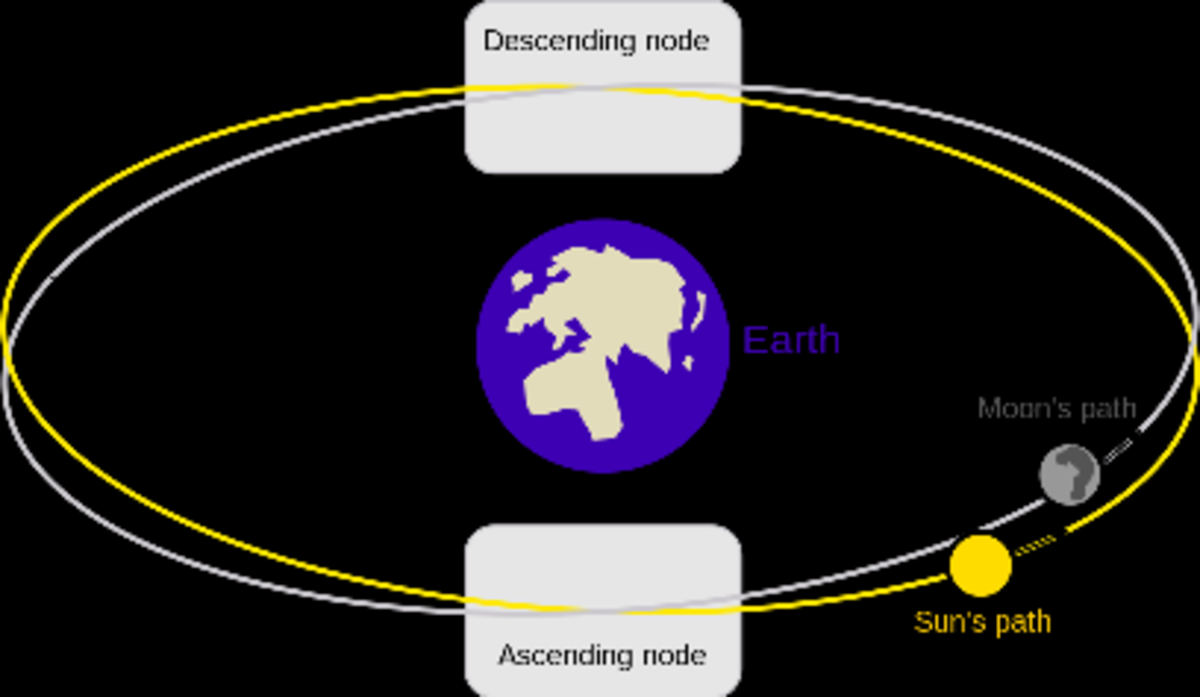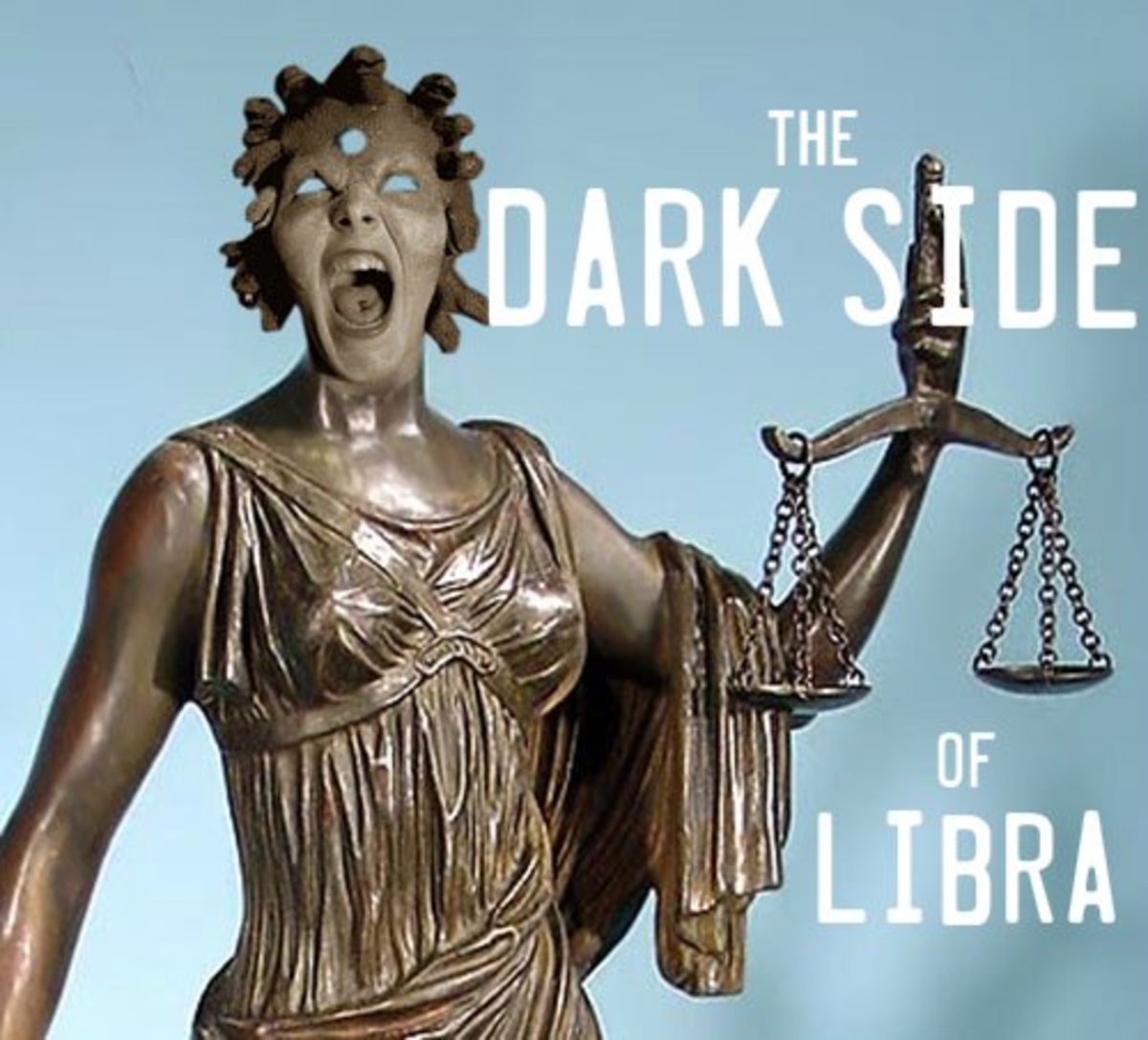How is Hellenistic Related to Hindu Astrology?
Astrology is a subject that has lured the minds of great astrologers, scientists, philosophers, thinkers and even astrophysicists into the universal trap of tracking clues and origins and collecting data with the only goal of finally revealing the truth behind the question: What does astrology have to do with our lives? If it was a mathematics matter, we could've deduced a proof to find out if a proposition is true or false. However, astrology is a natural science and finding proof is more challenging that one would ever bet.

After thousands of years of researching and gathering evidence, we have learned a lot about astrology. Nevertheless, we keep on digging, finding new clues and developing new theories on old, unsolved matters. One of the subjects that has been closely explored over the past decade is the relationship between the Hellenistic and Hindu astrology. Although these two astrological practices were believed to not be related, now it turns out that they are closer to each other than they are to any of the modern astrologies, such as the Western and the Chinese.
Hellenistic astrology is the first astrology practice that we know of, which is why it is widely regarded as the original astrology. Hindu astrology, on the other hand, is another ancient astrological practice and it's been in use ever since the early 19th century. Unlike many other ancient astrologies, Hellenistic and Hindu (or Indian) astrology are not based on the zodiacal position of the planets on the year, month and/or day of birth but rather on their own chart analysis, which largely relies on determining the rising degree at the time of birth.
Similarities between Hellenistic and Hindu Astrology
Another similarity these two astrology practices have is their use of signs. Unlike the Western and the Chinese astrology which use zodiac signs to categorize people by the time and year of birth, Hellenistic and Hindu astrology are both non-sign-based practices. According to evidence found in the late 19th century, it is believed that the Hellenistic beliefs and practices were transmitted to India sometime around the 2nd century CE. Auguste Bouché-Leclercq, a famous French historian, is one of the many responsible for this astonishing discovery. In his 1899 book “L'astrologie grecque”, he only hinted the transmission and his source was confirmed somewhere in the middle of the 20th century.
Differences between Hellenistic and Hindu Astrology
Aside from the similarities, they have major differences as well. For example, Hindu astrology uses 27 or 28 nakshatras (lunar mansions). Since it is believed that it originates from the 2nd century CE, the famous nakshatra system predates the Hellenistic tradition. However, the lunar mansions originately come from the Medieval Western astrology and were not found in the original astrology, so we can assume that they've been imported from India to ancient Greece.
The central concept of the Hellenistic astrology is the unique five-fold irregular division of each sign into bounds or terms, however, Hindu astrology doesn't feature it. The Indian astrology also emphasizes the lunar nodes more than the Hellenistic. Then, the issue all astrologers know about – the origin of the zodiac. So it's safe to say that, even though Hellenistic is related to Hindu astrology in many different ways, they still differ in many tiny but not-so-unimportant details.
What Can We Conclude?
With all these similarities and differences, the opinions of astrologers from all over the world are divided. But all hints lead to the theory that it actually originated in India and spread throughout the Middle East until it was introduced to the Hellenistic countries where it was later modified and turned into the “original” astrology.
Can We Be Sure of That?
No. Absolutely no. No one can tell for sure which one is actually the first, original astrology, because all the little evidence there was left has faded in time. Even if astrological researchers today find a piece of evidence that can point out the origins, we would find it hard to believe it. I mean, how can hundreds, thousands and possible millions of astrologers, researchers and astronomers miss out on such a vital piece of evidence? It seems quite impossible, doesn't it?
What Can We Conclude?
Whether you are a hard-core Hellenistic astrology believer or a Hindu enthusiast, if you take a closer look at both of these practices, you can clearly see how the Hellenistic astrology has left an imprint on Hindu astrology in the first few centuries of the Christian era. Beliefs, practics, terminology – it's impossible to overlook these similarities and the timeline fits perfectly.
As far as I'm concerned, with all the evidence we have, we should go no further into this debatable and almost impossible-to-solve historical problem.
If you consider all the facts I've put up in this article, which astrology do you think is the
All the credits for this post go to Culture Astrology.








